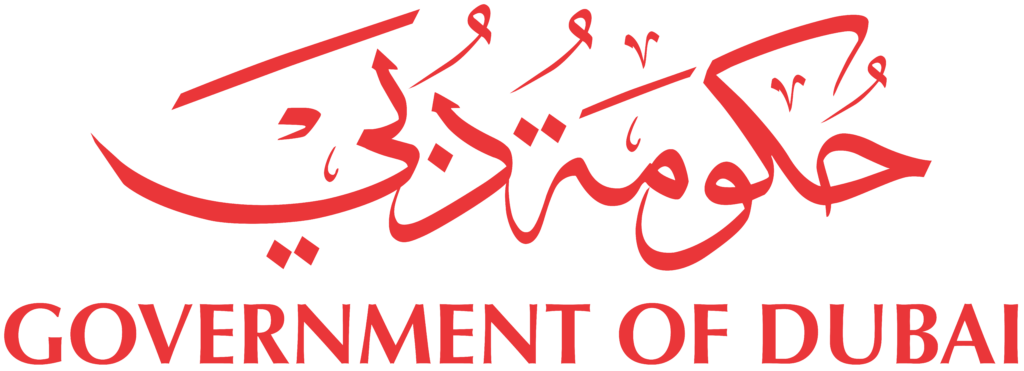Corporate governance plays a pivotal role in ensuring transparency, accountability, and ethical practices within organizations. In the context of Islamic finance, corporate governance acquires a unique dimension by integrating Shariah principles into organizational practices. This ensures that financial institutions operate not only with economic efficiency but also with social and moral responsibility.
Islamic finance institutions rely on governance frameworks that emphasize risk-sharing, fairness, and ethical conduct. These frameworks include Shariah supervisory boards, which oversee compliance with Islamic principles, and mechanisms to ensure stakeholder trust. Strengthening corporate governance in Islamic finance enhances institutional resilience, fosters investor confidence, and contributes to sustainable economic growth.
Program Objectives:
• Understand the principles of corporate governance in the context of Islamic finance.
• Learn about the role and responsibilities of Shariah supervisory boards in governance.
• Analyze the impact of governance frameworks on transparency and accountability in Islamic financial institutions.
• Explore the relationship between corporate governance and ethical decision-making in Islamic finance.
• Study best practices in implementing governance standards across Islamic finance institutions.
• Examine the role of corporate governance in managing risks and enhancing organizational resilience.
• Investigate real-world examples of governance challenges and solutions in Islamic finance.
• Develop strategies to align corporate governance with Shariah principles and organizational goals.
This program equips participants with the knowledge and tools to strengthen corporate governance in Islamic finance institutions, ensuring alignment with ethical and Shariah-compliant practices while achieving organizational excellence.


